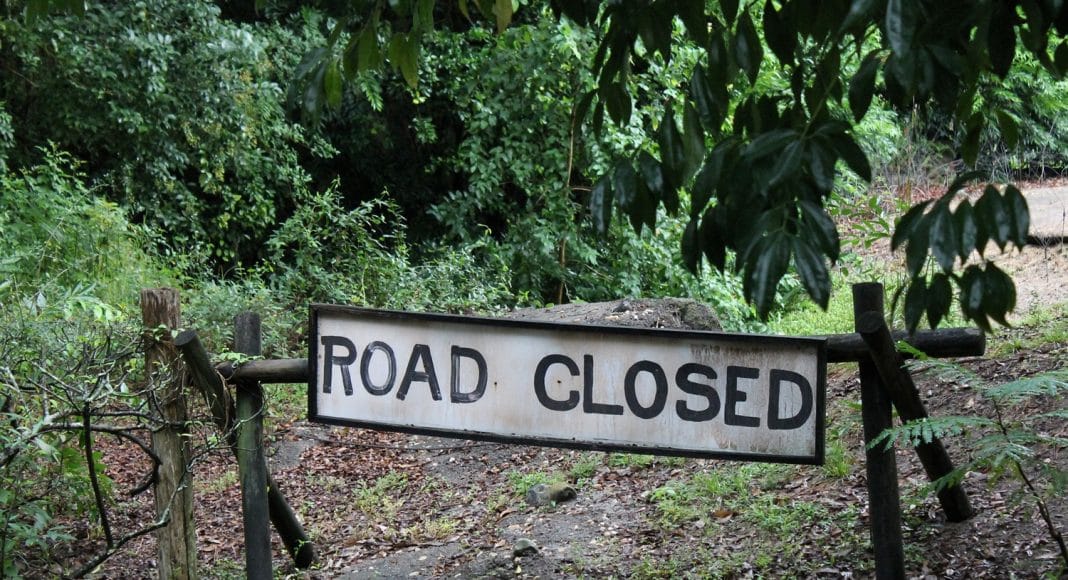Regarding Oregon’s marijuana industry, cannabis industry economist Beau Whitney of Whitney Economics and the Oregon Cannabis Business Council jointly released the results of a survey conducted this November that predicts a $10 million drop in fourth-quarter state tax revenue, a $187.5 million uptick in black-market sales, and layoffs and dispensary closures statewide due to Oregon Health Authority (OHA)’s new testing rules.
“October was a defining, if not catastrophic, month for Oregon’s cannabis industry, which, until then, was growing at a very fast rate,” Whitney said. “OHA’s new testing rules, which very few existing operations can presently comply with, virtually crippled the supply chain of adult-use and medical cannabis, from grower to retailer.”
Deployed on October 1, a change in Oregon Health Authority (OHA)’s testing certification, test limits and enhancement of a banned substances list for Oregon cannabis products resulted in longer test throughput times, a lack of available supply of cannabis products in both the medical and adult use markets, job losses and economic hardship.
The Whitney Economics/OCBC survey, conducted from November 14 to November 30 among 683 Oregon cannabis businesses, indicates:
- Supply constraints due to the changes in testing protocol in Oregon have significantly impacted the Oregon Cannabis industry
- On an annualized basis, black market activities have increased a projected $187.5 million due to a combination of higher prices and lower supply
- Oregon tax revenues are projected to decrease by a minimum of $10.0M in Q4. This is conservative and is likely closer to $15 million – $20 million, as OLCC-licensed outlets are allowed to sell more product to an individual than is currently allowed in medical dispensaries. This was poised to increase sales by 2x to 4x current levels. The OHA rules constrain the industry at a time where there should be exponential growth
- 22 percent of survey respondents indicated they are going out of business, and a large majority of survey participants plan to lay off employees for one to three months starting in fourth quarter 2016
Per survey results, as the new testing rules went into effect, very few laboratories were fully certified by the state regulatory bodies, so thus every medical and adult use business was required to use the certified labs to bring post-October 1 product to market. This created a bottleneck in the supply chain and, as a result, product availability was constrained. Test throughput, originally modeled by regulatory policy analysts to average five days, ended up in the range of 14-21 days, making products scarce. To make matters worse, the expanded testing criteria resulted in more failed tests. Product that was compliant on September 30 was now failing in large numbers for pesticides and other banned substances, as the thresholds for failure were tightened significantly.
Although official failure percentages are not available today, based on inputs from the laboratories themselves, data indicates between 40-60 percent of all submissions failed the enhanced testing standards (although government officials claim it is closer to 20-30 percent).
Given the perfect storm of a bottleneck at test, increased throughput times and a high percentage of test failures, the legal Oregon cannabis market is highly constrained for supply, Whitney said.
“Immediate action by the regulatory body, the OHA, and the Governor’s Office must take place now, before it is too late,” Whitney said. “The industry strongly supports public safety policies, but some reform must be made now that gradually increases standards rather than implementing them retroactively. Otherwise it will create an even larger public policy issue via a massive spike in illicit market sales, which will in turn increase access via black market channels to our youth.”
The survey results can be downloaded here.
For more cannabis business coverage, visit the MJ News Network.


